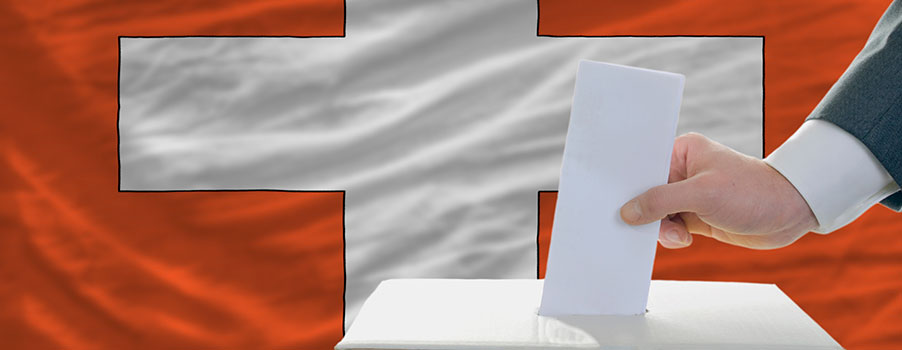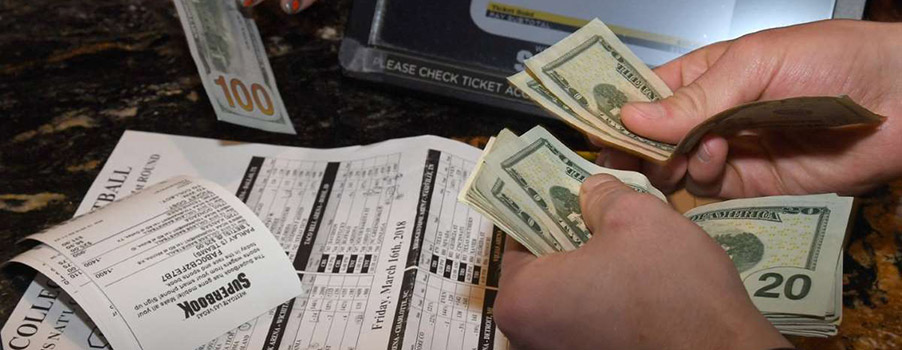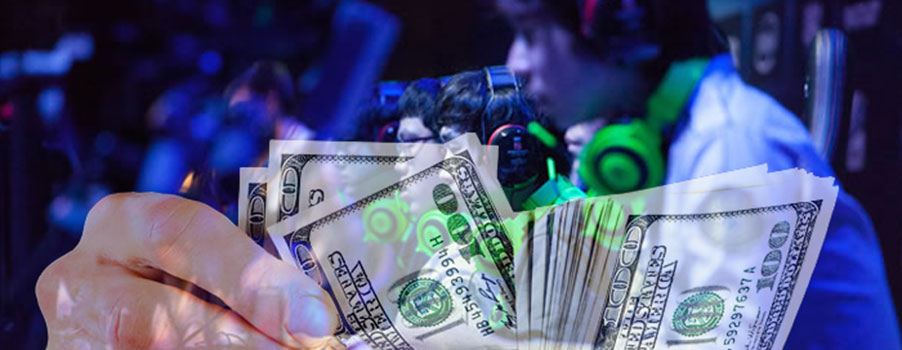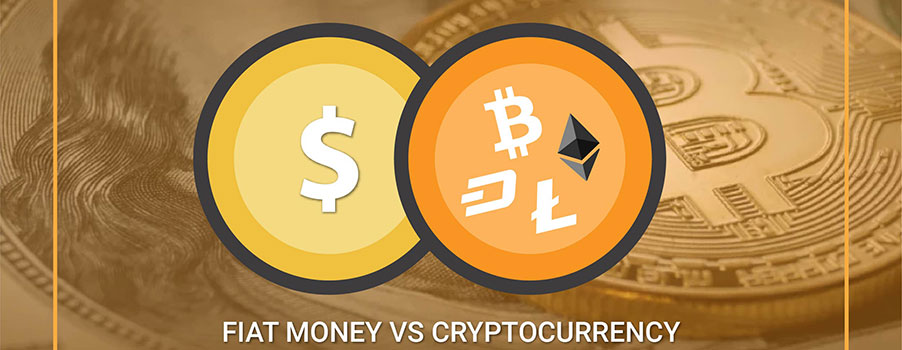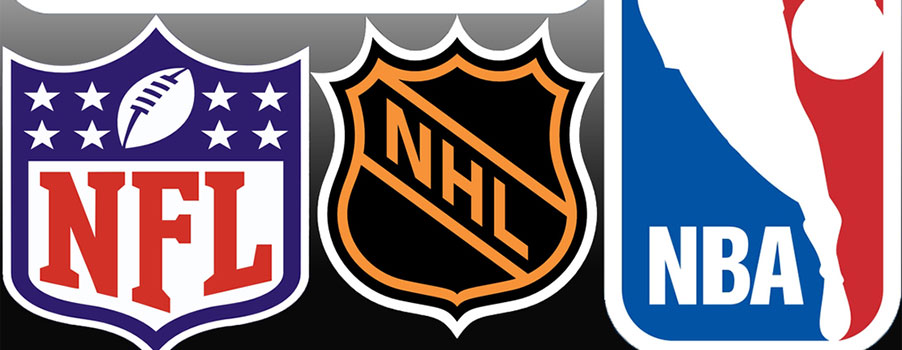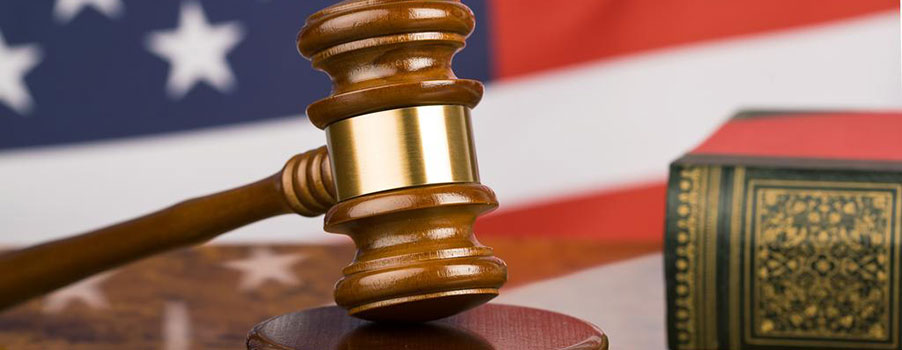Switzerland’s referendum had two main highlights – first, they voted in favor of allowing the local casino operators to offer online gambling and second, the voted to block the domains of the international gambling operators licensed to operate in the country. The international operators’ only option will then be to secure partnerships with local casinos.
The new Gambling Act which won the support of 72.9 percent of the voters was previously approved last fall but the student wing of the Free Democratic Party moved to challenge it and succeeded by gathering enough petition signatures to force a referendum under Swiss law. Now that it has been passed yet again, the new gambling law will take effect at the beginning of next year.
The Swiss government says that that the law is designed to tackle gambling addiction by enforcing strict rules such as the blocking of known addicts among other things. In addition to providing a solution to the issue of problem gambling, the law is also expected to allow the government to effectively tax gambling revenue which will be channeled towards these anti-gambling measures and initiatives.
The Specifics
According to advance polling, the ‘No’ side appealed mostly to youngsters who feared that the law in many ways provides a precedent that would allow the Swiss government to block other domains it found objectionable.
Older voters, on the other hand, tended to lean towards to the ‘Yes’ side since they believed that allowing foreign or international gambling sites to operate in the country would impede the Swiss government’s ability to fund social programs such as pension funds.
A Win for Local Casinos
The local casinos stand to benefit the most from the new gambling law and they could not wait to celebrate the news of this huge win. Marc Baumann, the chief executive officer of Swiss Casino Group issued a statement shortly after the results of the vote urging the government to put the new gambling law into effect as soon as possible.
Swiss Casinos Group currently runs a free-play online casino and has been planning to venture out and cooperate with a foreign company for a real-money gambling site. So far, so good. This might actually happen.
Will It Work?
Domain-blocking has proven to be rather ineffective in forcing online gamblers to stick to the locally authorized gambling sites. This has been true in other markets including Belgium and as such, Switzerland will have quite a tough time ensuring the law is adhered to. But this does not mean that it cannot be done.
Then, there is the issue of tax. The local gambling operators are looking at between 20 percent and 80 percent in revenue taxes. The president of the Swiss Federation of Casinos, Beat Vonlanthen, however, said that the government will do its best to cushion the tax blow by offering the local casino operators tax breaks of up to 50 percent for the first four years. This grace period will allow the casinos to lure in a sufficient number of steady customers before the ‘un-cushioned’ tax-rate kicks in.

